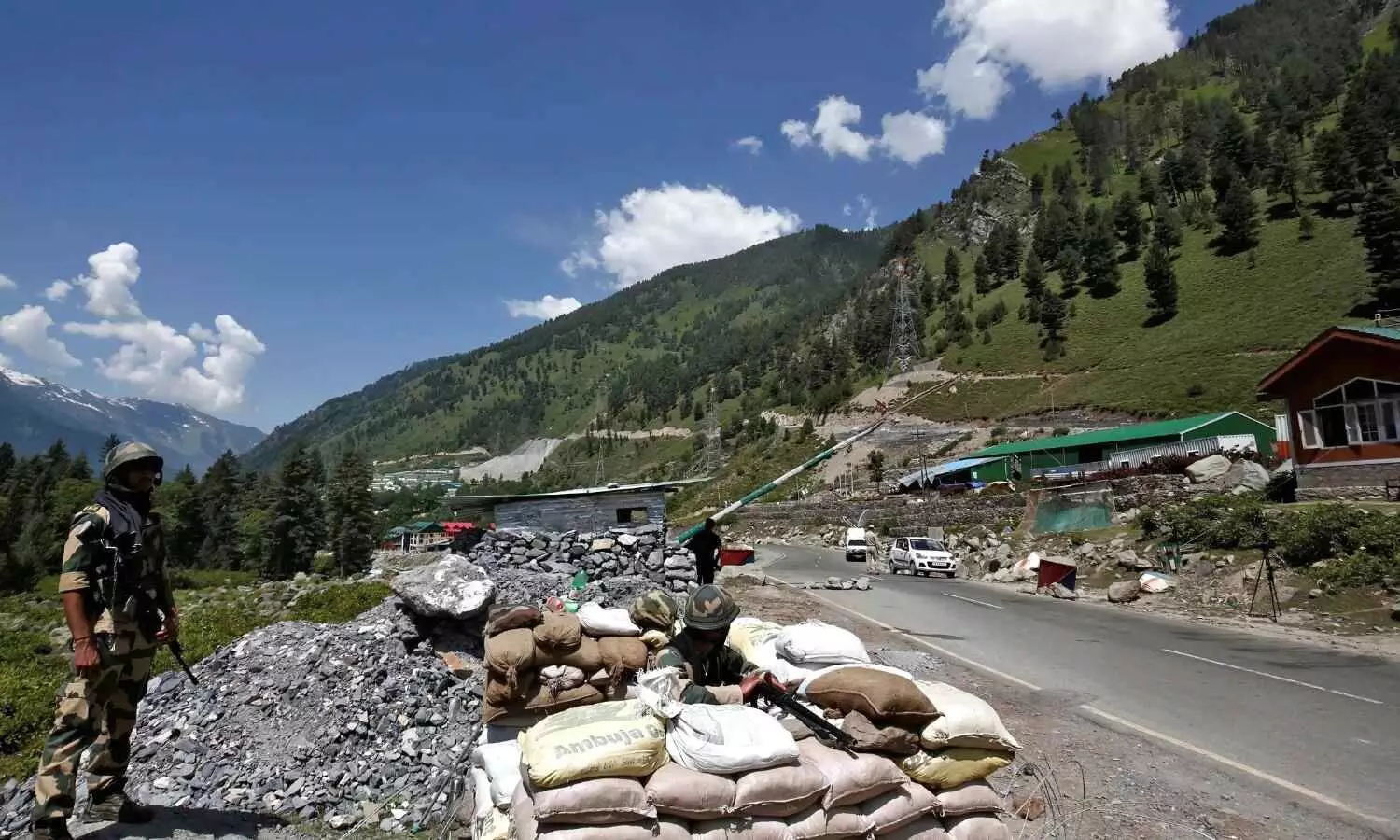Back to Pre-Galwan Situation: Why the China Border Deal Marks a Major Win for India
Ahead of the PM Modi Xi meeting in Russia, Jaishankar said, "We’ve returned to the 2020 situation; the disengagement process with China is complete." The announcement was made before the PM's visit to Russia for BRICS Summit 2024, in which China is also participating.
Back to Pre-Galwan Situation: Why the China Border Deal Marks a Major Win for India

India-China Border Deal: External Affairs Minister S. Jaishankar recently stated that India and China have reached an agreement to revert to their previous patrolling arrangements along the Line of Actual Control (LAC) in eastern Ladakh, as established before the Galwan clashes in 2020.
This India-China border disengagement agreement emerged from 17 rounds of meetings within the working mechanism and 21 rounds of military talks. Jaishankar stated that around 75% of “disengagement problems” with China had been sorted out and that the key issue now was increasing militarisation of the frontier. “Now, those negotiations are going on. We made some progress... We still have some things to do,” he added.
Echoing these sentiments, Foreign Secretary Vikram Misri highlighted "What it will entail is that in the pending areas under discussion, patrolling and grazing activities, wherever applicable, will revert to the situation as it existed in 2020."
While the specifics of the India-China Border Agreement haven't been fully disclosed, some key points have emerged:
Indian Foreign Secretary Vikram Misri said the pact is aimed at the “disengagement” of troops at the Line of Actual Control, or LAC, which separates Chinese and Indian-held territories. The LAC stretches from Ladakh in the west to India’s eastern state of Arunachal Pradesh, parts of which are also claimed by China. It spans 3,488km (2,167 miles). As its name suggests, the LAC divides the areas of physical control rather than territorial claims.
In response, China, on Tuesday, confirmed the deal concerning military patrols along the frontier but did not provide detailed explanations.
What can we expect?
Following the 2020 Galwan disputes, Chinese firms faced various challenges operating in India. The Indian government has enforced harsher investment guidelines and banned over 300 Chinese apps, including WeChat and TikTok. So, in terms of anticipation, this border agreement could lead the way for improved political and commercial relations between the two countries.
Furthermore, normalising relations could result in the continuation of direct flights to China, which have been prohibited for four years since the pandemic began in 2020.
PM Modi-Xi Bilateral Meeting
Given the prior tensions that nearly destroyed ties, this agreement paves the way for the first face-to-face meeting between Prime Minister Narendra Modi and Chinese President Xi Jinping in Russia.

